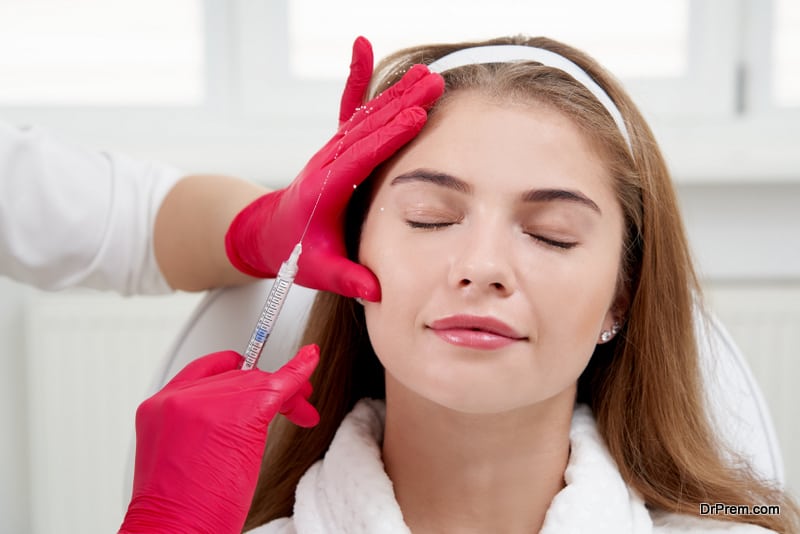Modern society is developing and advancing with new treatments and cures constantly. How about a treatment option that can treat and improve a wide range of health conditions from chronic diseases and autoimmune diseases to skin rejuvenation and cognitive disorders? This regenerative medicine is known as ‘Peptide Therapy’. Let’s dig in more through this ultimate peptide therapy guide.
Here Are The Topics Covered In This Peptide Therapy Guide:
The Ultimate Guide to Peptide Therapy by Dr Prem –Definition, Types, Benefits, Case Studies, Risks, and A lot More
-
What are Peptides?
-
What is Peptide Therapy?
-
History and Development of Peptide Therapy
-
Research and Case Studies
-
How Does Peptide Therapy Work?
-
What are the Benefits of Peptide Therapy?
-
What are the Different Types of Peptide Therapy?
-
Peptide Therapy for Hair Loss Treatment
-
Peptide Therapy for Weight Management
-
Peptide Therapy for Boosting Immunity
-
Peptide Therapy Reviving Sex Life
-
Peptide Therapy Improving Skin Health
-
How is Peptide Treatment Applied?
-
What are Some Common Types of Peptides Used?
-
Who Should Consider Taking Peptide Therapy?
-
Are there any Side-Effects of Peptide Therapy?
-
Which Foods are Good Sources of Peptides?
-
What Functions are Carried Out by Peptides in the Body?
-
How long does it take to see the results after peptide therapy?
-
Can You Buy Peptides Over the Counter?
What are Peptides?
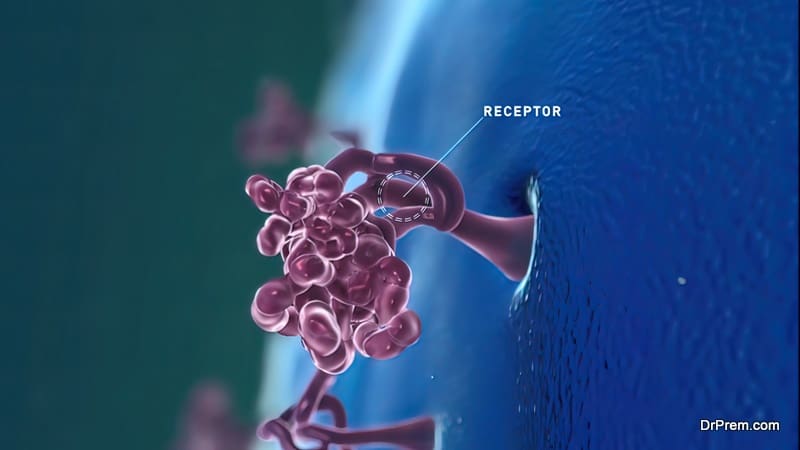
While studying them, a class of substances consisting of similar amino acid chains but different from proteins was found by biologists. The difference between peptide and protein is that Peptide is a short chain that can contain two or more amino acids, while a protein is a complex structure that can consist total of 50 or more amino acids.
Your body uses these amino acids for turning over and creating new cells, which are necessary for maintaining good health and carrying out various functions. In fact, more than 7000 Peptides have been found within every cell and tissue of the human body. They play a crucial role in how your body functions and responds.
While some peptides take care of the immune function, some assist with sleep, weight management, healing, etc, and others act like hormones that carry information from one tissue to another through blood. Low levels of Peptides in your body can result in causing many health problems. This is where Peptide therapy steps in.
What is Peptide Therapy?

Adequate Peptide levels are essential for achieving optimal health. Peptide therapy restores the number of peptides and stimulates the cellular regrowth system. It has high potency and specificity. These are diverse chemicals low in toxicity.
The administration of Peptides is usually done through injections, but some peptides can also be administered through other methods.There are various types of peptides, each has its unique property and can be used to treat different conditions.
History and Development of Peptide Therapy
1902
In the year 1902, Starling and Bayliss found secretin by demonstrating that when acid arrives from the stomach, it liberates a chemical messenger that travels through the blood and triggers the pancreas to secrete pancreatic juice. This was the first time that humans identified a Peptide and understood its role in endocrinology.
1931
In the year 1931, Ulf von Euler and John H’. Gaddum found SP or Substance P in the extract of a tissue that was responsible for causing intestinal contraction in Vitro. This discovery influenced and prompted scientists to take a closer look at the Peptides and their effects on the nervous system. Such substances were then termed ‘neuropeptides’.
1953
Later in the year 1953, Vincent Du Vigneaud performed research on the hormone ‘Oxytocin’ that is involved in reproduction and sexual intimacy in humans and animals. He successfully isolated the substance and discovered its chemical composition creatingthe history of identifying the first peptide hormone. Later, he also succeeded in creating this hormone artificially as well.
1959-1963
Further, between the years 1959 and 1963, Robert Bruce Merrifield revolutionized the field of organic chemistry with his invention of Solid-Phase Peptide Synthesis (SPPS). This groundbreaking invention changed the way scientists synthesize peptides, allowing more efficient production of peptides.
Following that in the year 1963,Chinese scientists made a breakthrough by synthesizing insulin successfully. This was the first synthetically produced peptide. Peptides further became the hotspot for researchers and led to the discovery of enkephalin and opioid peptides and many more were found as well as synthesized later.
Biochemists have been synthesizing peptides for 40+ years now. With the rapid development of biochemical technology and molecular biology, peptide research, and production have made incredible progress and have been used as a treatment option for a variety of health concerns.
Research and Case Studies
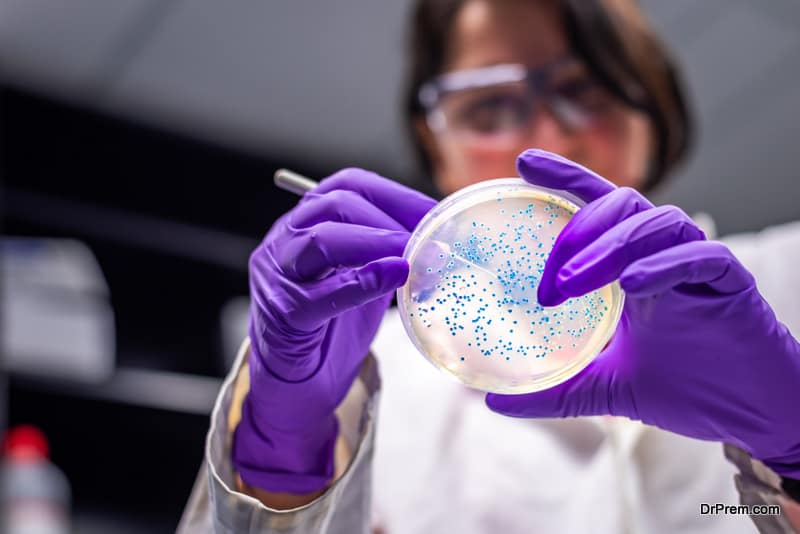
- Adding peptides to insulin has been found to be helpful for people with diabetes in controlling blood sugar, lowering glycemic levels, as well as losing weight.
- Peptide-based vaccines have also been proven to improve survival rates in patients suffering from advanced cancer.
- Meta-analysis of several clinical trials found that peptides help in reducing blood pressure and can be offered as an alternative therapy. Additionally, peptides can also help patients with extra cardiovascular benefits.
- Overall, peptide therapy has been proven effective and used by researchers and doctors in protecting, healing, and strengthening the body.
How Does Peptide Therapy Work?
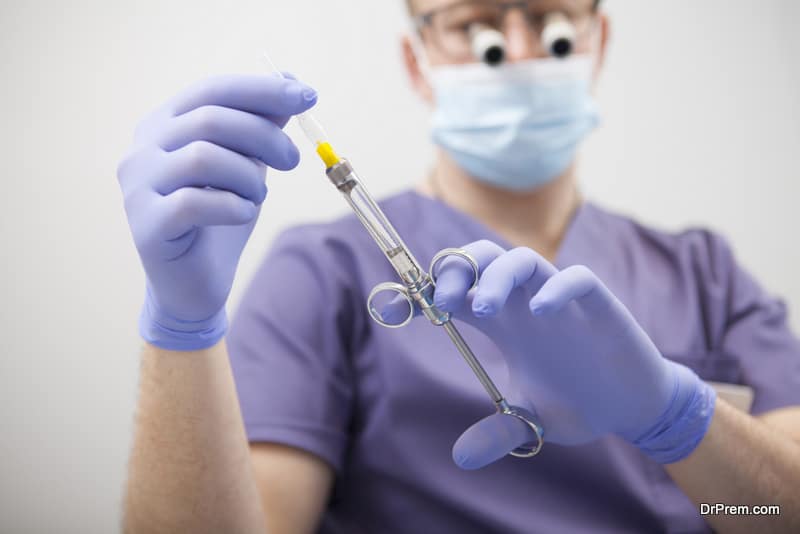
These peptides mimic the functions of naturally occurring peptides and give the desired biological response of that peptide. Peptides act as the building blocks of proteins and can prevent health problems.
Peptide therapy can provide you with various benefits such as supporting collagen production, fighting bacteria, viruses, and fungal infections, reducing oxidative stress, and functioning as hormones. Different types of peptides can be used to treat different conditions.
What Are the Benefits of Peptide Therapy?

- Enhances Healing Processes
- Promotes Healthy Immune Function
- Builds Muscle Mass
- Helps Alleviate Symptoms of Sexual Dysfunction
- Improves Hormone Levels
- Improves Sleep Quality
- Stimulates Hair Growth
- Increases Stamina, Strength, and Energy Levels
- Reduces Signs of Aging
- Helps Improve Cognitive Functions and Memory
- Improves Skin Integrity and Skin Tone
- Provides Cyto-Protection and Neuro-Protection
- Help Combat Stress, Anxiety, and Depression
- Lowers Blood Pressure
- Fastens Post-Workout Recovery
- Boosts Post-Surgical Healing
What Are the Different Types of Peptide Therapy?
Different types of peptides are used for different therapies. Following are some types of commonly applied peptide therapy:
Peptide Therapy for Hair Loss Treatment

Peptide therapy for hair loss treatment works by blocking the production of the DHT hormone that is responsible for curbing hair growth. It also fights inflammation, increases the size of the follicles and fat cells on the scalp, and prolongs the hair growth cycle, which altogether results in the growth of thicker, stronger, and healthier hair.
Peptide Therapy for Weight Management
Obesity comes with a higher risk for many health problems such as diabetes, cardiovascular disorders, cancer, etc. It can also cause metabolic syndrome and a bunch of symptoms that impact your metabolism leading to high blood pressure, cholesterol, and glucose levels.
Research has shown that peptide therapy can help in managing obesity and trigger weight loss by improving your energy balance or energy homeostasis. This refers to the ability of your body to use and intake energy.
Various scientific studies have shown that peptides can control your blood glucose levels and also reduce the risk of diabetes. It has also been proven that peptide therapy may suppress your appetite leading to fewer intake of calories. Thus, Peptide therapy for weight management can be considered an effective treatment.
Peptide Therapy for Boosting Immunity
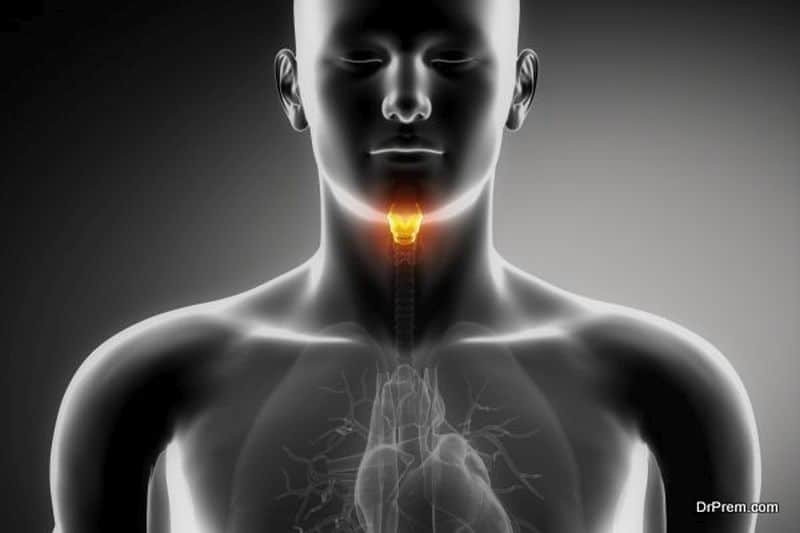
Peptide Therapy for boosting immunity works with the use of this peptide and increases the ability of your body to fight against any diseases. It can also be very beneficial for improving immunity in cancer patients.
Peptide Therapy for Reviving Sex Life

Fortunately, with Peptide therapy for reviving sexual life can be a great solution. It can improve erectile dysfunction in men and enhance sexual arousal in women, thus improving sexual lives for both men and women.
Peptide Therapy for Improving Skin Health

Peptide therapy for improving skin health works by repairing protective skin barrier proteins, tightening loose skin, and improving skin elasticity, clarity, and firmness. In short, the use of peptide therapy can restore and improve the overall appearance of your skin. The results of this treatment stay as long as you continue the therapy.
How is Peptide Treatment Applied?
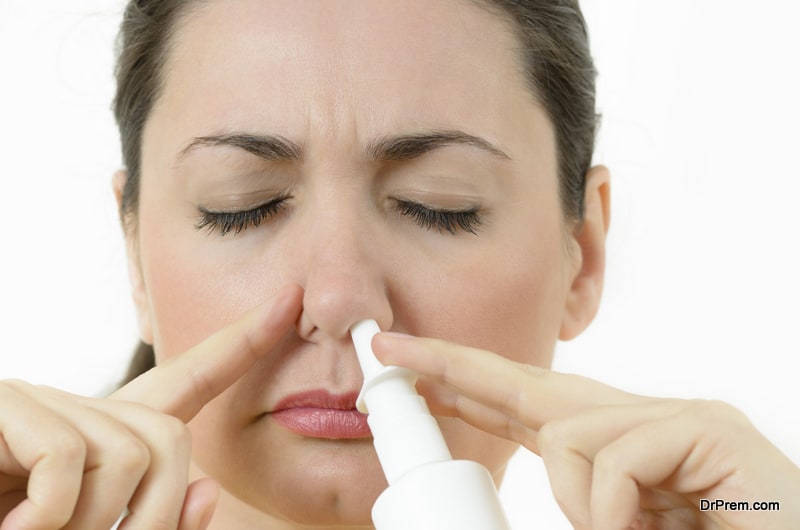
However, some peptides are also administered in other forms such as topical lotions or creams, oral capsules, inhalation processes, and nasal sprays. Each peptide has its unique way to be administered depending on its intent of use.
What Are Some Common Types of Peptides Used?
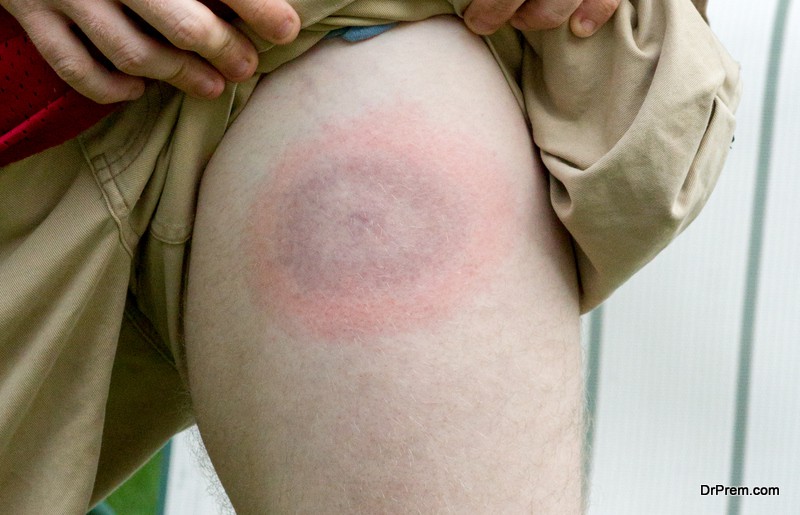
- IGF-1 LR3 – Boosts the growth of new cells and muscles through a cellular process ‘Hyperplasia’.
- CJC 1295 – Improves strength in your body, supports weight loss, and helps gain lean muscle mass.
- BPC-157 – It helps to combat and heal stomach and intestinal conditions, including fistulas, gastric ulcers, leaky gut, gastrointestinal cramps, IBS, and Crohn’s disease.
- Thymosin Alpha -1 – Restores and modulates immune functions. It is particularly used for those with autoimmune function and chronic fatigue, more specifically treats Lyme Diseases.
- Thymosin Beta-4 – Can be used as a potential therapy for influenza and HIV or AIDS. It is also often prescribed for surgical repair, acute injury, and senior athletes as well.
- DHH-B – The bioactive compounds of this natural peptide address a wide range of conditions from inflammations to brain health, weight management, stress reduction, improved sleep, and anxiolytic effects.
- GHK-Cu – This peptide acts as a potent tissue protector and works as an anti-inflammatory agent that manages oxidative damage caused by tissue injury.
- Ipamorelin – It promotes the release of growth hormone providing improvements in energy levels, reduces body fat, boosts post-workout recovery, etc.
- Selank – It is a nasal peptide that helps in improving cognitive functions by combating stress and anxiety.
- Semax – This peptide supports the patient’s recovery from a stroke, optic nerve disease, peptic ulcers, cognitive disorders, and transient ischemic attack. It may also help to boost your immune system and memory.
Who Should Consider Taking Peptide Therapy?
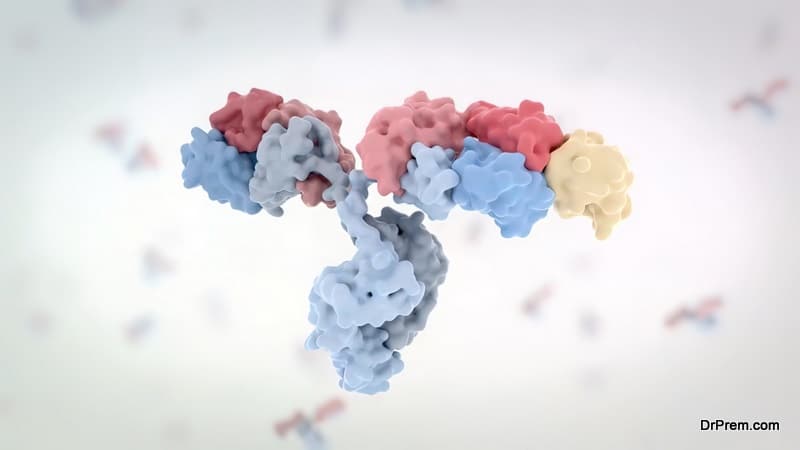
Peptide therapy addresses and manages these conditions, as peptides administrated in the therapy replace the functions of naturally occurring peptides in your body that no longer are working effectively, need improvement, or are simply diminished with age.
Especially people experiencing the following symptoms must consider taking Peptide Therapy:
- Excessive body fat, particularly around the waist area
- Hypersensitivity to cold or heat
- Reduced bone density
- Experiencing anxiety or depression
- Loss of lean body mass
- Diminished sexual functions
- Extreme fatigue
- Reduced stamina and strength
To continue thriving in your life beyond the age of 20s and 30s, Peptide therapy is your solution. The peptides used in the Peptide treatment are crafted in a laboratory or from plant or animal proteins. These peptides elicit a target response by mimicking the function of the natural peptides in your body helping you to achieve optimal health.
Are There Any Side-Effects of Peptide Therapy?

However, peptide therapy side effects and their severity depend on an individual’s health, the specific peptide used, and how it is administrated. Peptide therapy administered through injections can cause some common side effects like any other injections such as itching, swelling, or pain at the injection site.
Potential side effects through the use of topical methods may include allergies or skin conditions, as they are directly applied to the skin. Additionally, if the administration is done through oral methods, the peptides may break down before entering the bloodstream leading to comparatively reduced effectiveness.
Nevertheless, it is important to note that peptide therapy side effects are mild and may occur rarely. It is essential to consult your doctor, perform required tests, and understand the potential risks as well as benefits from your healthcare provider to ensure your safety.
Which Foods are Good Sources of Peptides?
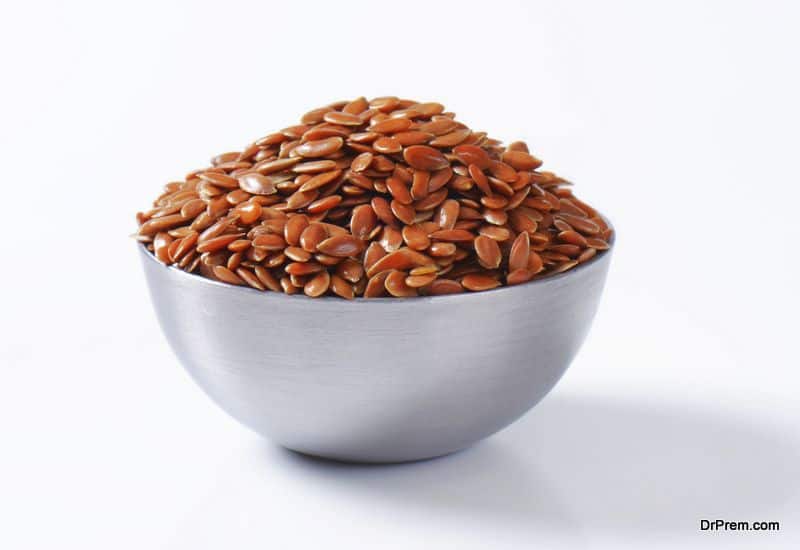
- Beans and Lentils
- Fish and Shellfish
- Meat
- Oats
- Flaxseeds
- Soy
- Wheat
- Hemp Seeds
What Functions Are Carried Out By Peptides in the Body?
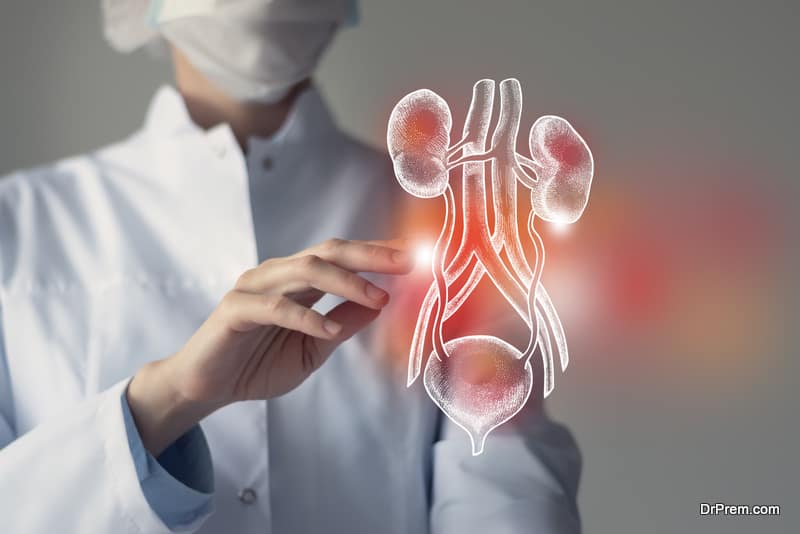
Angiotensins – These peptide hormones are part of your renin-angiotensin system. They regulate blood pressure and stimulate the release of aldosterone from your adrenal cortex, which help kidneys to retain sodium.
Vasopressin (antidiuretic hormone) – This peptide hormone secretes in the hypothalamus, a small portion of your brain located at the base of it. It carries out a couple of functions, such as regulating the water amount in the fluid space around cells, and also acts as a vasoconstrictor that causes the narrowing of blood vessels.
Oxytocin – This peptide is made up of nine amino acids and is produced by the pituitary gland in your brain. It is also known as the ‘love hormone’ or ‘cuddle hormone’ as it is released when people snuggle or bond socially. Oxytocin plays several roles such as causing uterus contractions during childbirth and promoting the milk ejection reflex during breastfeeding.
Defensins – These peptides are mainly active in your immune system and are referred to be antimicrobial, thereby supporting and enhancing the wound healing process.
How long does it take to see the results after peptide therapy?
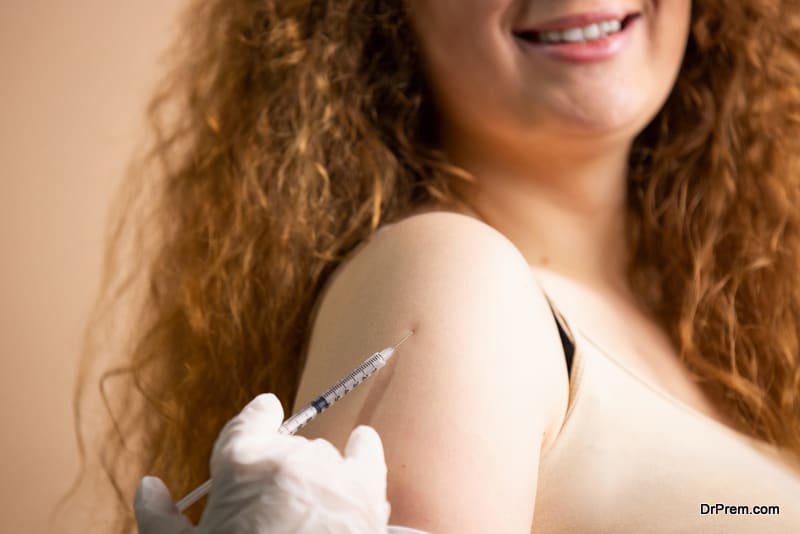
It is advised to take peptide therapy as a supportive treatment plan that helps to augment the healing ability of your body, speeds up the recovery phase, and improves longevity for both men and women.
For some people, the results may be visible right away post-procedure. However, for some, it may take a few weeks to a few months to realize the effects of different peptides.
Can You Buy Peptides Over-the-Counter?

However, it is best to talk with your doctor. Consulting a qualified and licensed doctor is necessary, as they help to determine the right peptides and correct dosages for the treatment depending on an individual’s health conditions.
Conclusion
Peptide therapy offers a promising approach to restoring and improving your health and well-being. It treats a wide range of health problems by targeting specific cellular processes with short chains of amino acids. However, make sure to talk to your healthcare professional before undergoing the peptide treatment. Ongoing research in peptide design, synthesis, and delivery methods holds great potential for improving the efficacy and safety of this therapeutic modality in the future.


